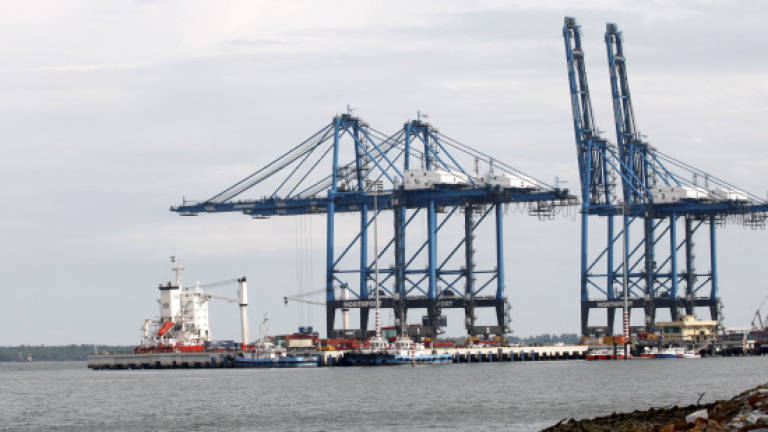Cabotage policy exemption needs more clarity: RAM Ratings

KUALA LUMPUR: The cabotage policy exemption for Sabah, Sarawak and Labuan needs more clarity in order for it to be well received by the port fraternity, as well as foreign carriers keen to serve domestic ports, said RAM Ratings Services Bhd.
The cabotage policy exemption, scheduled to be implemented on June 1, is expected to facilitate more entrepreneurs in Sabah to export their products at competitive costs.
The rating agency also noted that legislative issues relating to the Merchant Shipping Ordinance 1952 will have to be ironed out before the move becomes effective.
Commenting on the effect of the abolition of the policy on the domestic activity, RAM Ratings said the cabotage policy exemption would have a minimal immediate impact on port activity in Malaysia, although the position of local shipping carriers may come under competitive pressure.
"From a cargo handling perspective, the key component of the cabotage policy is that it restricts foreign vessels from moving goods between domestic ports without the use of a local shipper.
"The relaxation of this requirement will hence permit foreign vessels to ply domestics ports (including Port Klang) en route to other regional shipping hubs," it said.
Head of Infrastructure and Utilities Ratings Davinder Kaur Gill said despite the policy move, consolidation and the pursuit of scale remained a central theme among shipping liners.
"As such, any uptick in East Malaysia's port activity from the current level will be gradual and long-term in nature, and would have to be accompanied by port capacity building that offers volume, connectivity and improved productivity," she said in a statement.
Policy concerns notwithstanding, growth in port activity is closely aligned to economic growth and trade developments in the locality served by the port.
On that note, Sarawak's economic diversification into heavy industries via the Sarawak Corridor of Renewable Energy had resulted in port capacity expansion via the construction of the Samalaju Industrial Port (Samalaju Industrial Port Sdn Bhd's sukuk rated AA 1 (s)/stable by RAM) — which has an initial handling capacity of 18 million tonnes — at a cost of RM1.9 billion even prior to the policy change.
On the other hand, the local shipping sector may be affected by the new development.
However, the question is to what extent foreign-flagged vessels will affect conventional trade routes (via Port Klang) and whether new trade flows will be established subsequent to the easing of the policy. — Bernama